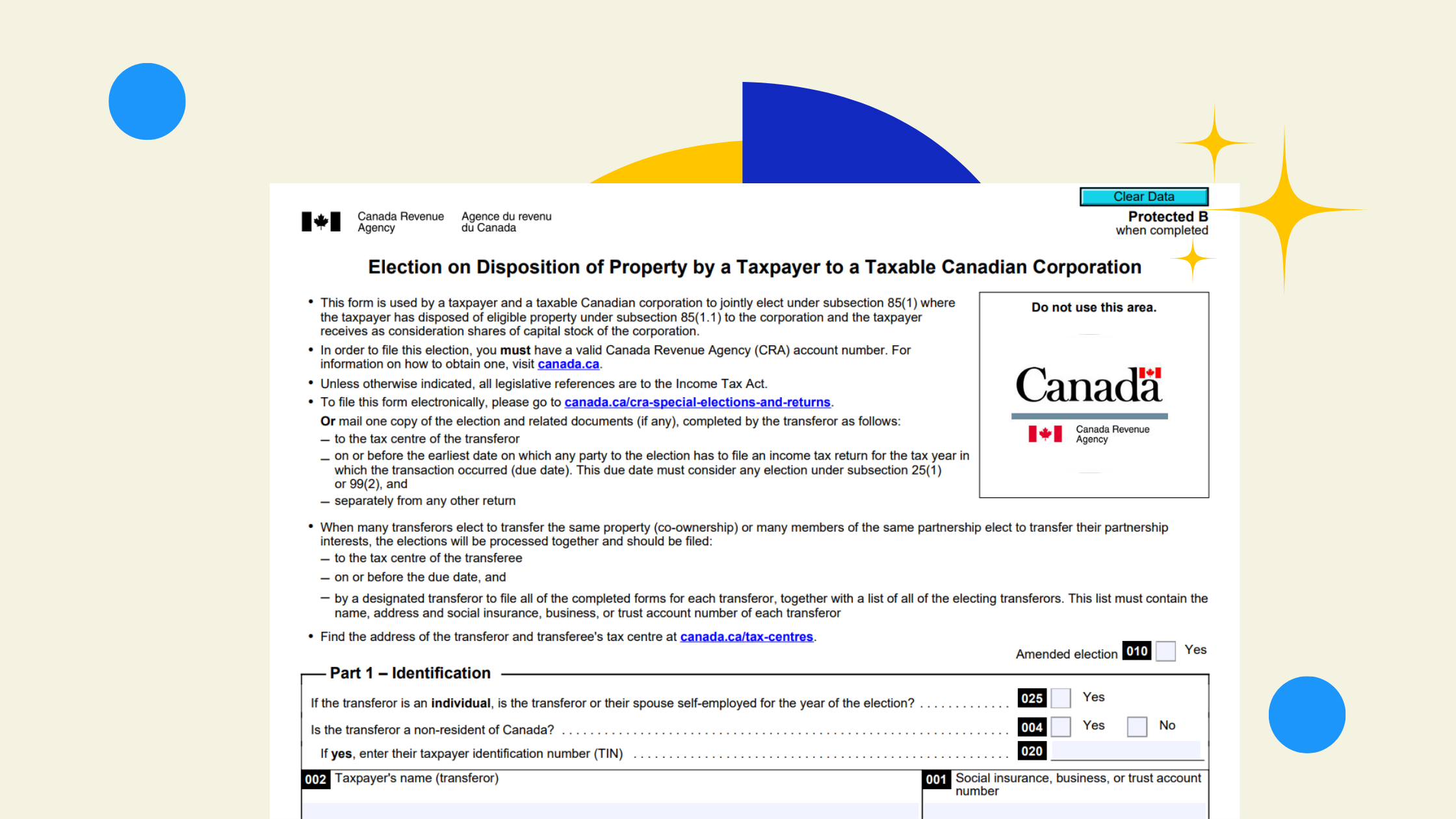Running a small business comes with constant financial challenges. Whether you're looking to expand your operations, invest in leasehold improvements, or manage capital costs, access to business funding is essential. But with so many loan programs and types of financing available, how do you choose the one that truly fits your needs?
The right funding option can ease cash flow issues, help you seize new opportunities, and provide the financial stability needed to focus on what matters—growing your business. In this guide, we’ll break down the best business finance solutions, their pros and cons, and how to determine which one aligns with your goals.
1. Traditional Bank Loans
Traditional bank financing remains a go-to option for small business owners. They offer competitive loan interest rates and structured repayment schedules, but the application process can be rigorous.
Pros:
- Lower borrowing costs compared to alternative financing
- Flexible repayment options
- Access to maximum loan amounts
Cons:
- Stringent credit application requirements (credit history, history of profitability, and financial statements needed)
- Lengthy loan approval process
-
May require a personal guarantee or collateral
2. BDC Small Business Loans
The Business Development Bank of Canada (BDC) offers financing solutions tailored to small and medium-sized businesses, including capital loans, equipment loans, and term loan options.
Pros:
- Flexible repayment terms tailored to business needs
- Competitive rate loans compared to online lenders
- No personal assets are required as collateral in many cases
Cons:
- Requires strong financial projections and interim statements
- Loan agreements may include strict regulatory requirements
- Interest rates may be higher than government-backed programs
3. Business Lines of Credit
A business line of credit gives you flexible access to funding options that you can borrow as needed—like a credit card but with lower interest rates.
Pros:
- Flexible payments with access to funds as needed
- Helps manage cash flow projections
- Lower interest rates compared to personal loans
Cons:
- Requires strong credit history for favorable terms
- Approval rates vary based on business success
- Credit limits may be lower than a term mortgage loan
4. Equipment Financing
If you need to purchase restaurant equipment, machinery, or other eligible assets, equipment loans are a great option. The equipment itself serves as collateral, reducing risk with lenders.
Pros:
- Easier approval than unsecured loans
- Spreads out installation costs over time
- The equipment itself serves as secured loan rate collateral
Cons:
- Limited to financing products for equipment purchases
- May require a down payment
- Depreciation of intangible assets may affect long-term value
5. Invoice Financing (Factoring)
Invoice financing allows businesses to receive immediate cash advances on accounts receivable, helping to address cash crunches.
Pros:
- Fast access to cash flow loans
- No additional commercial property collateral required
- Helps manage cash flow fluctuations
Cons:
- Loan interest rates and fees can be high
- Not all invoices qualify based on the customer base
- Dependent on customers' payment behavior
6. Merchant Cash Advances
A merchant cash advance (MCA) provides an upfront sum in exchange for a percentage of future credit card sales. It’s a good fit for businesses with high retail auto financing volume.
Pros:
- Quick and easy online application
- No personal credit or business loan calculator needed
- The repayment schedule adjusts to the revenue
Cons:
- High fees and loan interest rate
- Frequent scheduled payments can strain cash flow issues
- Not ideal for businesses with low card sales
7. Crowdfunding & Business Grants
Equity crowdfunding allows businesses to raise capital by attracting investors in exchange for ownership. Small-business grants and government agencies also provide funding without requiring loan agreements.
Pros:
- No need to repay funds
- Access to future investors and a wide range of funding sources
- Supports Black entrepreneurs and Indigenous entrepreneurs through federal government initiatives
Cons:
- Requires strong marketing to attract potential lenders
- Success depends on the customer experience and investor interest
- Not all businesses qualify for government program support
8. Specialized Financing Programs
Several banking institutions, credit unions, and private lenders offer niche types of loans for specific industries.
- Canada Small Business Financing Program: Supports businesses acquiring real property or commercial land.
- Multi-unit property mortgages: Ideal for businesses investing in income-producing property.
- Lease portfolio financing: Helps businesses cover lease payments and business days operating costs.
- Retail properties & investment properties: Tailored financing for businesses in commercial real estate.
Choosing the Right Option
Before applying for business funding, assess your financial plan, financial projections, and credit line funds. Consider using a business loan calculator to compare actual payment schedules, repayment periods, and loan interest rates. Understanding your eligibility for loan programs and preparing necessary financial statements will improve your loan approval chances.
No matter which type of financing you choose, ensure that it aligns with your business model, risk tolerance, and long-term goals. Whether it’s term loan options, secured loans, or alternative finance sources, having a well-structured business finance strategy can set you up for success.
Platforms like Kickstarter and GoFundMe allow businesses to raise funds directly from supporters, making this a great option for startups and product launches.
Pros:
- No repayment is required (for reward-based crowdfunding)
- Builds brand awareness and customer loyalty
- Engages potential customers early
Cons:
- No guarantee of success
- Requires strong marketing and promotion
- Investors may expect perks or equity
8. Venture Capital & Angel Investors
For high-growth startups, venture capital (VC) firms and angel investors can provide substantial funding in exchange for equity.
Pros:
- Large funding amounts available
- Access to mentorship and business networks
- No monthly repayment obligations
Cons:
- Loss of ownership and control
- Highly competitive and difficult to secure
- High expectations for growth and profitability
Choosing the Right Financing Option
Every business has unique financial needs, so it’s crucial to weigh the pros and cons of each financing option. Ask yourself:
- How much funding do I need?
- How quickly do I need the money?
- What are my repayment capabilities?
- How much risk am I willing to take?
Finding the right financing solution can position your business for long-term success. Take the time to compare options, understand the terms, and consult a financial expert if needed. The right funding can be a game-changer—helping you grow, innovate, and thrive in today’s competitive market.
Need guidance on financing for your business? Mesa CPA can help you navigate your options and make the best decision for your financial future. Contact us today!



.png)

